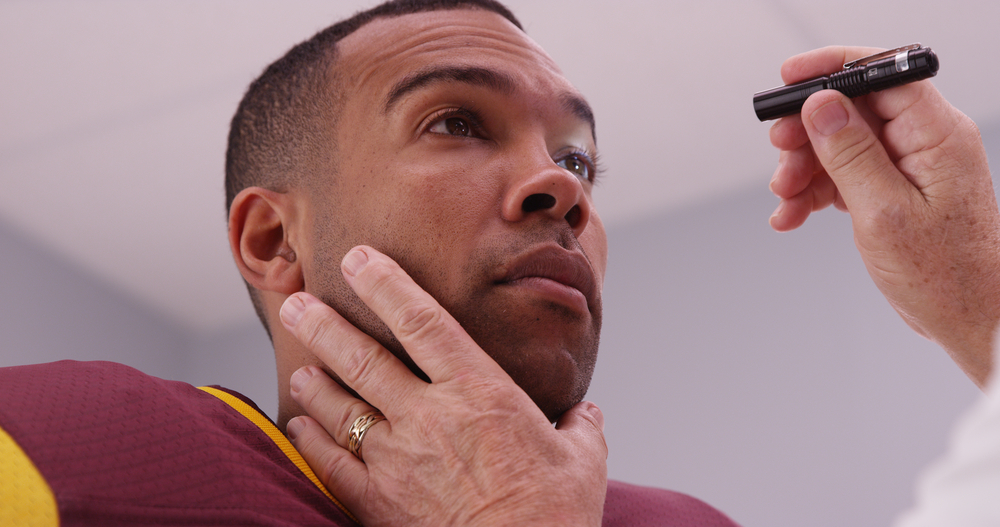
When someone experiences a brain injury, whether from a concussion, stroke, or trauma, the effects often extend beyond what meets the eye. One lesser-known yet crucial aspect of brain injury recovery involves vision. The brain and eyes are intricately connected, with over half of the brain's pathways dedicated to visual processing. Brain injuries can significantly impact vision, making neuro-optometric rehabilitation a vital part of recovery.
How Brain Injuries Affect Vision
Brain injuries often disrupt the complex communication between the eyes and the brain, leading to vision problems such as:
Blurred Vision – Difficulty focusing on objects at various distances.
Double Vision – Seeing two images of a single object.
Light Sensitivity – Increased discomfort in bright environments.
Difficulty Tracking or Focusing – Trouble following moving objects or reading text.
Visual Field Loss – Blind spots or reduced peripheral vision.
Balance Issues – Visual disruptions that affect coordination and spatial awareness.
These challenges can hinder everyday tasks like reading, driving, or even walking, and they often exacerbate other symptoms of brain injuries, such as headaches, dizziness, or fatigue.
What is Neuro-Optometric Rehabilitation?
Neuro-optometric rehabilitation is a specialized form of therapy designed to restore visual function following a brain injury. This therapy focuses on retraining the visual system to work more effectively with the brain. It’s tailored to the unique needs of each patient, with treatments ranging from vision exercises to the use of specialized lenses and prisms.
The Importance of Neuro-Optometric Rehabilitation in Brain Injury Recovery
Vision impacts nearly every aspect of daily life, making it a critical component of recovery for brain injury survivors. Addressing visual issues can significantly enhance independence, allowing patients to regain confidence in performing everyday activities such as reading, driving, and navigating their environment. This boost in independence often leads to an improved overall quality of life.
Vision also plays a central role in cognitive functions like attention, memory, and processing speed. By improving visual function through neuro-optometric rehabilitation, patients can better engage with and benefit from other cognitive therapies. This approach helps to maximize recovery outcomes and support the brain’s healing process.
For many brain injury survivors, debilitating symptoms like dizziness and headaches are a constant challenge. Neuro-optometric rehabilitation can address these issues, providing much-needed relief. By reducing such symptoms, patients can focus more energy on their recovery and enjoy an improved sense of well-being.
Additionally, vision is integral to maintaining balance and coordination. Visual disruptions caused by brain injuries can lead to instability and falls. Correcting visual deficits through targeted therapies often results in better posture, enhanced stability, and greater confidence in physical movements, further supporting recovery and independence.
Taking the Next Step at Riverdell Vision
At Riverdell Vision, we specialize in neuro-optometric rehabilitation, offering customized treatment plans to address the unique challenges of brain injury survivors. We use advanced diagnostic tools to assess visual function comprehensively and design therapy tailored to your specific needs.
If you or a loved one is recovering from a brain injury and experiencing visual symptoms, neuro-optometric rehabilitation could be the key to unlocking a smoother recovery. Contact Riverdell Vision to schedule an evaluation and discover how we can help restore clarity and functionality to your life. Visit our office in Oradell, New Jersey, or call (201) 268-7566 to schedule a consultation today.



